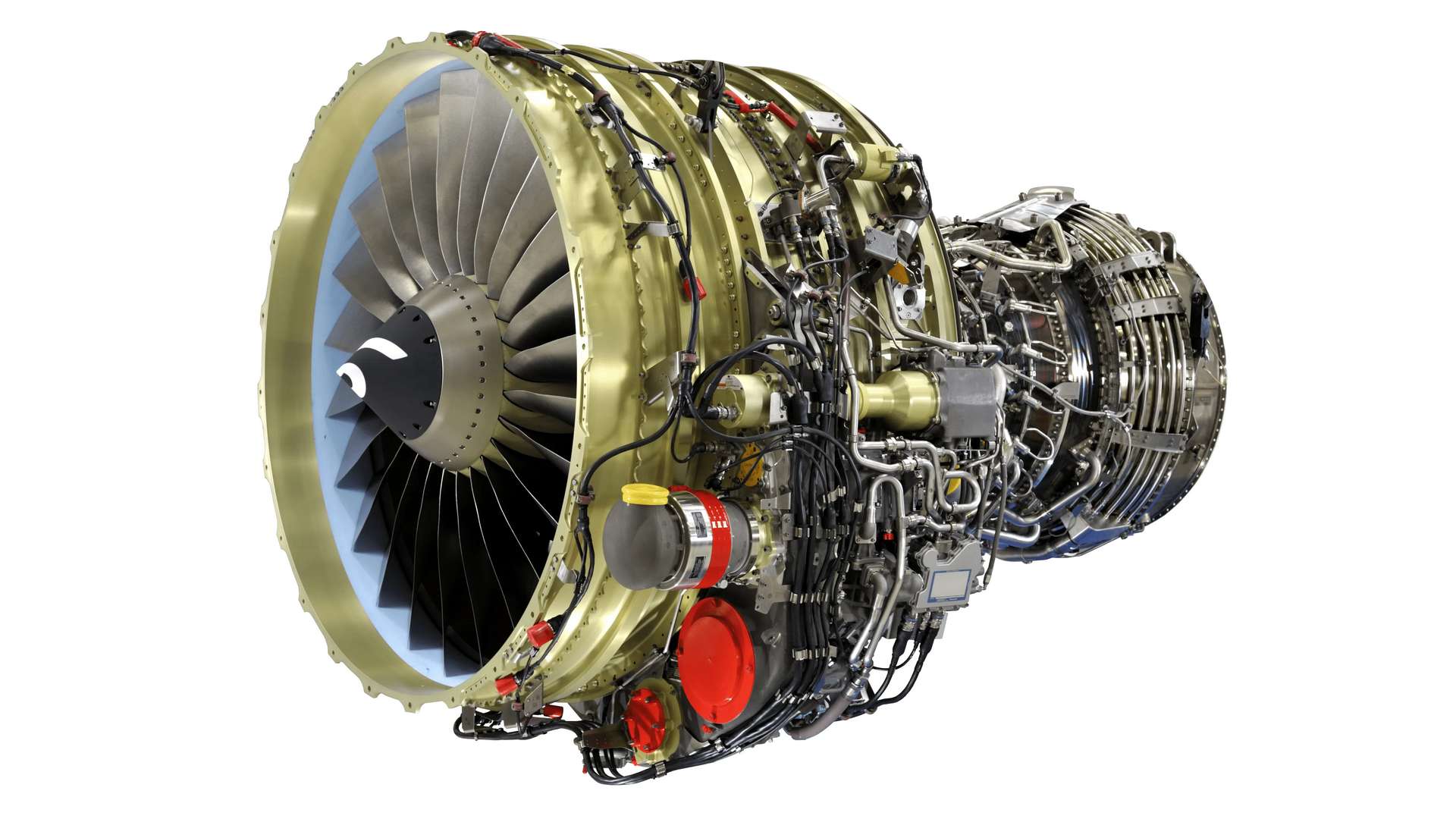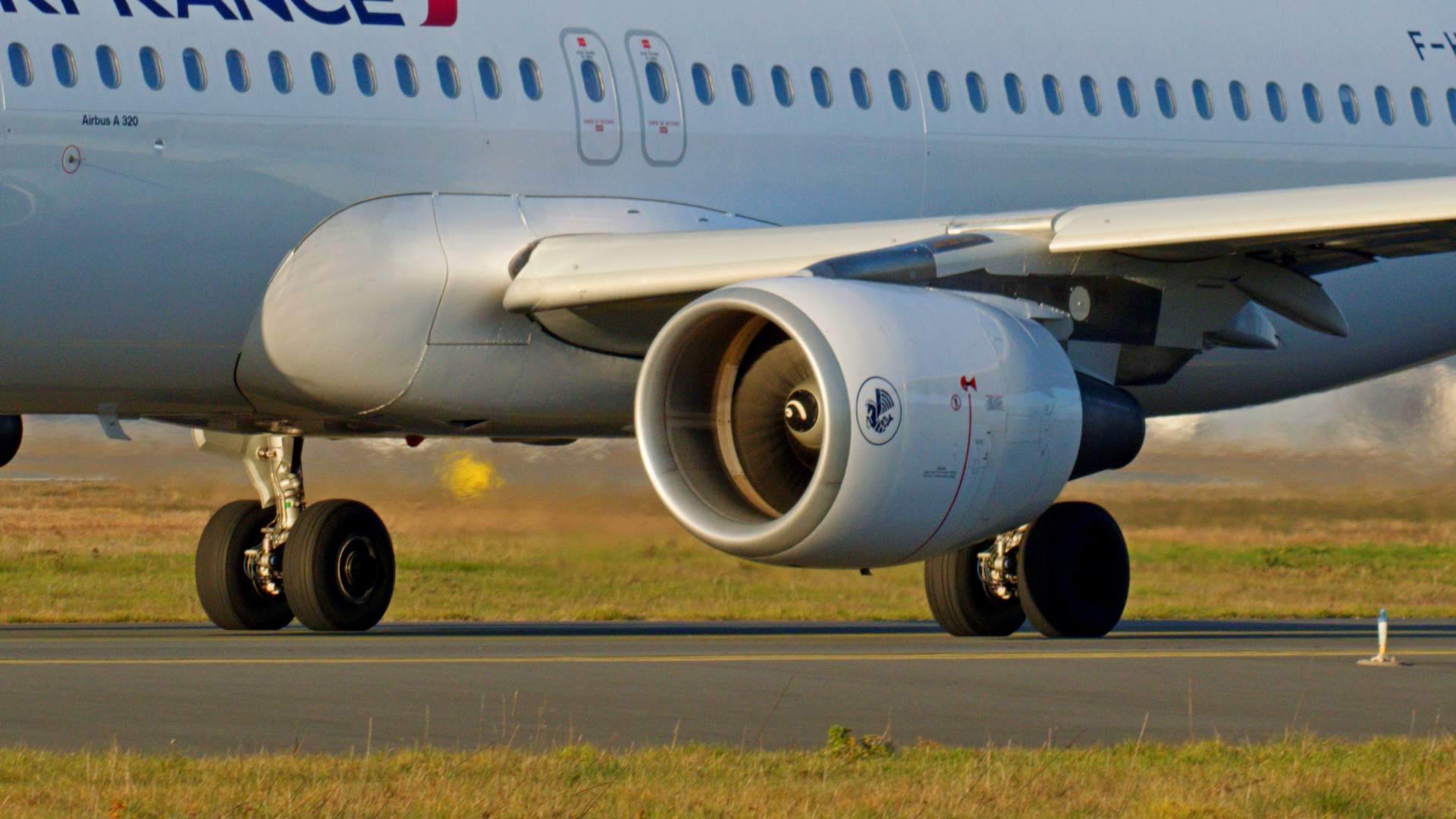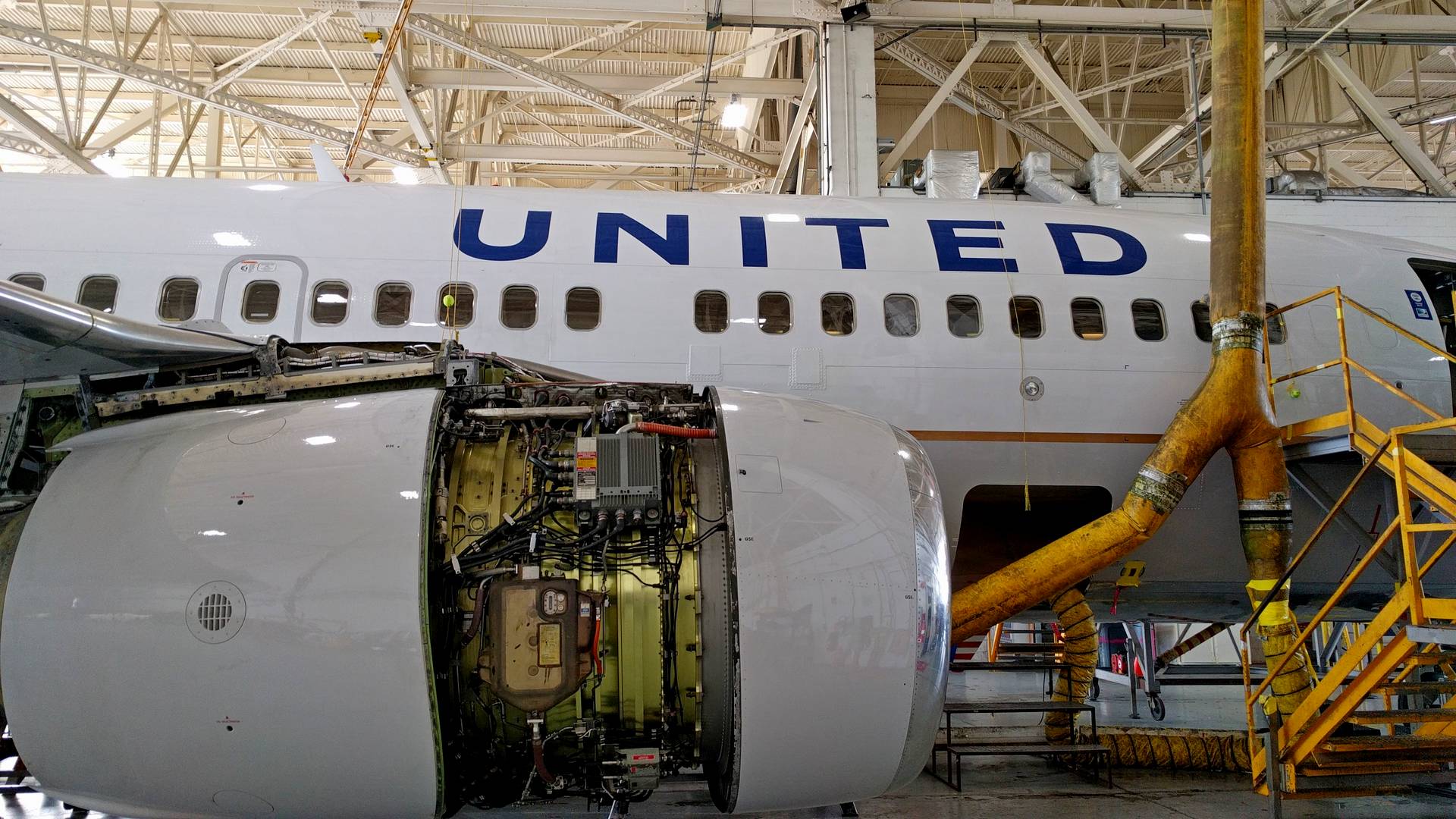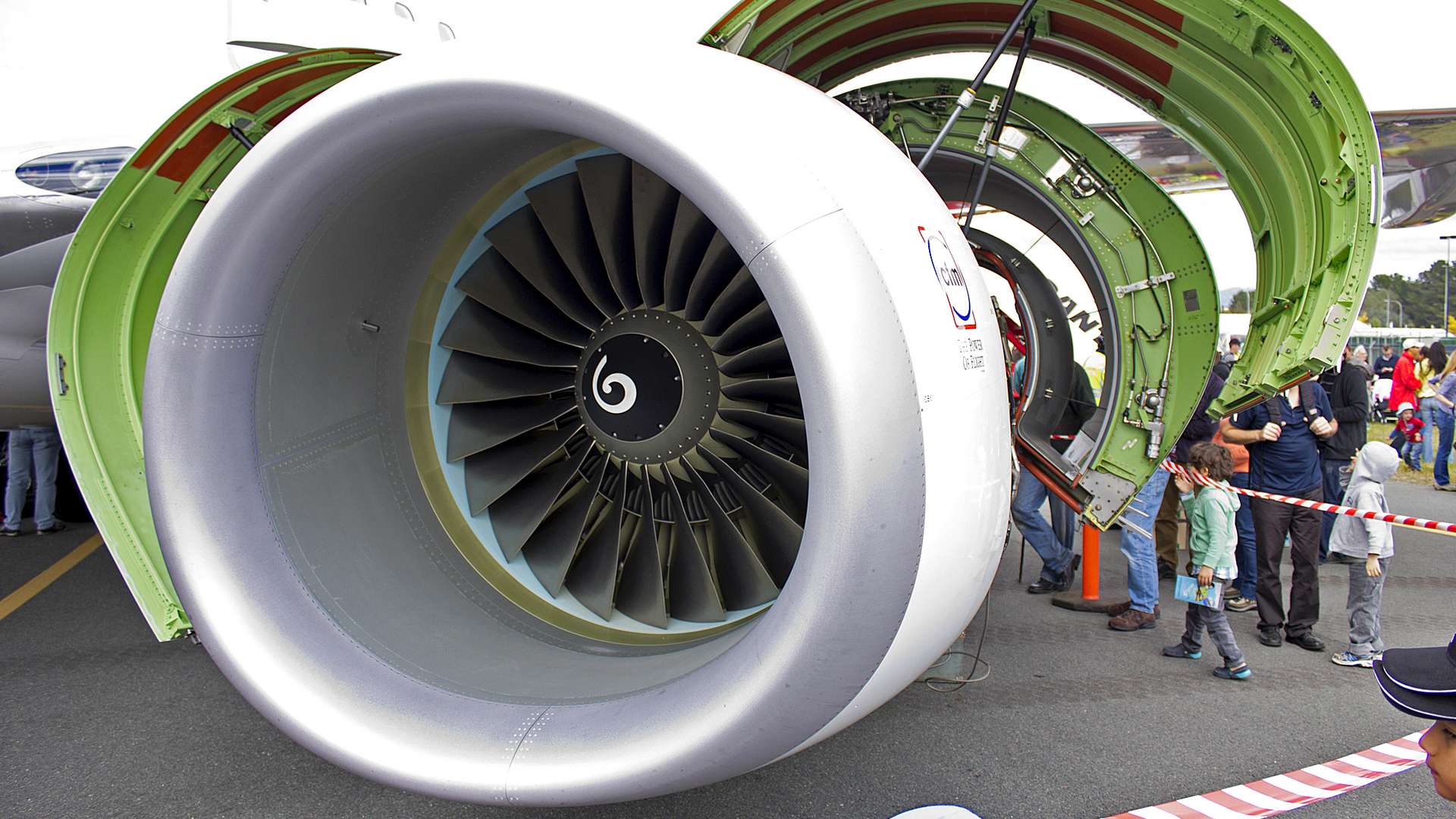Aerospace giants, including Airbus and Boeing, formed a coalition to prevent unauthorized parts from making their way on in-service airliners.
A few months ago, authorities discovered that a UK-based company called AOG Technics sold counterfeit or otherwise suspect aircraft engine parts. The company had forged documents for hundreds of parts, primarily for CFM56 engines. These documents and parts affected at least 145 of these engines.

The CFM56 is the most popular aviation engine in the world, powering generations of Boeing 737s and Airbus A320s, plus other jets. It appears that the spurious parts that AOG sold were primarily non-serialized items, like bolts, washers, and bushings.
Many of those parts made it on in-service aircraft around the world, forcing airlines to check their fleets. AOG Technics is a distributor but didn’t sell any parts directly to the airlines. Rather, it was part of the overall supply chain, selling parts to aircraft and engine Maintenance, Repair, and Overhaul (MRO) centers.

The Shape of the Aerospace Coalition
So on the 22nd of February, a number of aerospace companies formed a coalition that aims to keep such spurious parts away from the supply chain. Participating companies include Airbus, Boeing, GE Aerospace, Safran, and StandardAero. They also include several airlines, like American Airlines, Delta, and United.
The aerospace coalition will have two co-chairs: Robert Sumwalt and John D. Porcari. Sumwalt is a former chair of NTSB and the executive director for Embry Riddle’s Boeing Center for Aviation and Aerospace Safety. He has previously been an airline pilot for 24 years.

Porcari is a former U.S. Transportation Deputy Secretary, with experience in infrastructure and supply-chain management. The coalition will draw on expertise from airlines, manufacturers, and other aerospace stakeholders, as it launches a 90-day review of existing supply-chain operations.
GE and Safran, the two engine makers that make up CFM, have a key role in the aerospace coalition. The two companies took the lead in analyzing the paperwork associated with the suspect parts. And they later reported that AOG was too slow to provide this paperwork.

Ultimately, even CFM itself found suspect AOG-sourced parts in its own warehouses. One of the aims of the new aerospace coalition is to ensure that any future attempts to sell such parts are dealt with even faster.
Robert Sumwalt said:
“We were able to stop a rogue actor and quarantine the parts last year thanks to swift action from the aviation industry, but more is needed to stop anyone who tries to take a shortcut in the future”.




1 comment
Antony
Can you do a video about this